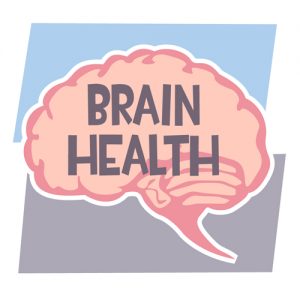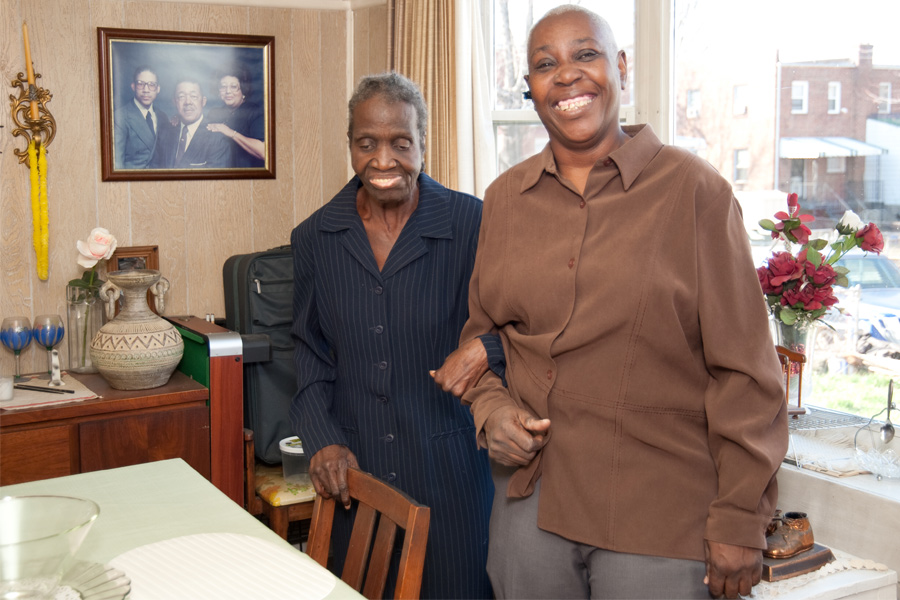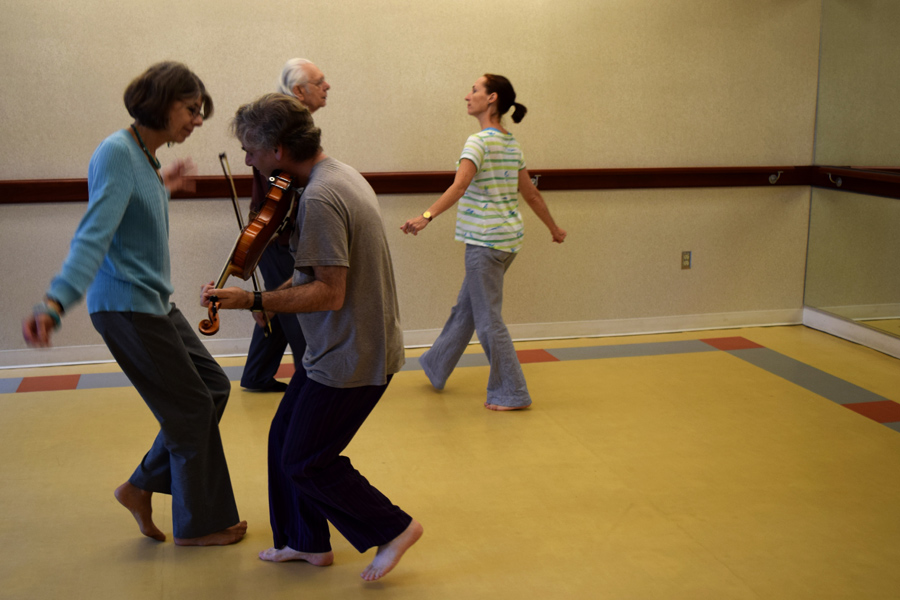A Healthier Brain, A Healthier You


More and more people — you may be one of them — are concerned about their brain health and want to know how to avoid developing Alzheimer’s or some other type of dementia. And understandably so, with dementia on the rise, and researchers still trying to find a cure. But just because there isn’t a cure doesn’t mean you can’t adopt some strategies to improve or maintain the health of your brain.
In recognition of World Alzheimer’s Awareness Month, we’re sharing some simple strategies you can adopt now that can reduce your chances of developing dementia and – as an added bonus – help you feel healthier.
While we might not have control over getting older and our genetics – two factors linked with developing dementia – there are other aspects like poor diet, lack of exercise, lack of sleep, or limited social and mental stimulation that can make a big impact. Addressing these and other factors is not only good for your brain and memory, but also for your physical and emotional well-being.
Here’s what you can do now:
- Eat right. “Eat your vegetables!” Turns out, your mom had it right — research shows that veggies and other healthy foods are good not only for our physical health but also for our brain health. Healthy foods include those that are low in cholesterol, sodium, saturated and trans fats, and sugars (which can cause inflammation) and high in antioxidants (such as berries, green tea, dark chocolate, and turmeric) and Omega-3 fats (such as fish, olive oil, and walnuts). A diet low in inflammation-causing foods and high in antioxidants can decrease your chances of developing neuron damage in your brain and cognitive decline. Plus, by eating right, you’ll also stave off developing cardiovascular disease, diabetes, or obesity – all of which are also linked to dementia.
- Exercise regularly. Aerobic exercise, like going for a walk, biking, and swimming laps, elevates your heart rate and has been shown to improve cognitive functioning. Exercise also releases endorphins that boost your mood, and can help prevent and treat cardiovascular disease, diabetes, and obesity.
- Limit tobacco and alcohol use. Smoking increases your chances of developing Alzheimer’s and vascular dementia because of how it damages the vascular system, as well as the heart and lungs. Excessive consumption of alcohol can result in Wernicke-Korsakoff Syndrome and cognitive impairment, and it can also lower serotonin levels in your brain and cause depression.
- Get enough sleep. Research has shown that toxins that can cause Alzheimer’s are cleared out of the brain during deep sleep, and people who don’t get a good night’s sleep are more likely to develop the disease.
- Take care of your teeth. Brushing, flossing, and rubber tipping your teeth and visiting your dentist regularly can keep gum disease at bay. Research has found that the bacteria from gum disease may impair brain functioning.
- Stimulate your brain. Work out your brain! Yes, you heard me right. Just like your body needs to stay fit and active, your brain needs exercise too. Try things that are new, challenging, AND fun to get your brain out of a rut. Some ideas include playing word/number/strategy games; learning new things like recipes, a foreign language, musical instrument, or even a different route home; using your non-dominant hand more, such as for brushing your teeth; reading aloud (which engages more of your brain than reading silently); and exploring your creative and artistic side.
- Socialize. Another form of exercise for your brain is socializing, especially with new people. That’s right – your next networking function is not only helping your career, but also helping your brain! Studies have shown that socially active people are less likely to develop Alzheimer’s. Examples of activities include getting together with family and friends on a regular basis, throwing a party, joining a book club or other type of group, volunteering, or even getting a dog so you can meet people at the dog park. An added benefit from socializing is that it’s also good for your emotional health.
These are just a few of the ways you can take care of your brain and overall self. Have any other ideas for how you keep your brain fit and active? Let us know in the comments!
By Bill Amt, LICSW
Bill Amt, LICSW, is a licensed clinical social worker and is the Mental Health Program Manager at Iona Senior Services. As a psychotherapist he works with older adults and caregivers who are coping with the emotional challenges of aging, and he also leads support groups for caregivers and people diagnosed with early-stage dementia. He has a Master of Social Work degree from The Catholic University of America.
Related Articles

The Stories of Dementia in the District

A Couple’s Vows Create Opportunities to Age Well

Can You Imagine Taking Three Buses to Get to Iona?

